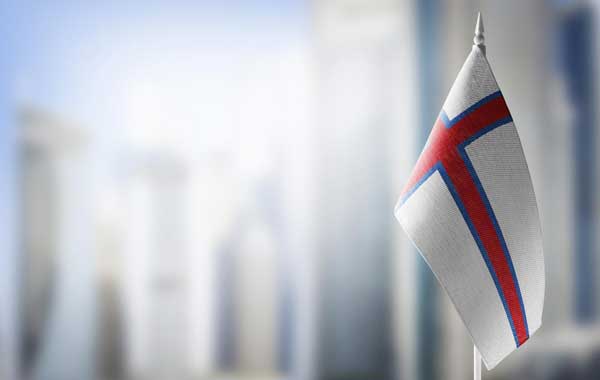The Faroe Islands, an isolated and little-known archipelago situated between Iceland and Norway, is a tranquil and prosperous nation. With a population of just 53,000 spread across 18 islands, life here centers around fishing, sheep farming, and more recently, offshore oil. While remote and chilly, the Faroe Islands offer stunning natural scenery and a high standard of living.

Overview of the Faroe Islands
The Faroe Islands are an autonomous territory under the Kingdom of Denmark. They are not part of the European Union. The islands have their own government, language, and culture that is distinctly Faroese rather than Danish. Covering just 1,400 square kilometers, the Faroe Islands have more sheep than people, with around 80,000 sheep grazing its hills and valleys. The capital and largest city is Tórshavn which serves as the economic and transportation hub of the archipelago.
Climate and Geography
Situated at a northerly latitude, the Faroe Islands experience a cool oceanic climate year-round. Even during summer high temperatures average only 15°C (59°F) necessitating wearing warmer clothing. Precipitation is high given the islands’ location in the stormy North Atlantic with frequent rain, snow, and brisk winds. In winter, daylight can be as little as five hours. The islands themselves are rocky, treeless, and largely covered by grass, heather, and small alpine flowers. With no major rivers or arable land, the terrain is better suited to sheep herding than farming.
Transportation Links to the Outside World
Travelling to and from the Faroe Islands relies heavily on air and sea transport. There are regular ferry crossings to Iceland, Norway, Scotland and Denmark. One can also fly direct to Vagar Airport near the capital Tórshavn from select European hubs. As an autonomous Danish territory, you’ll need a valid Schengen visa along with a Faroe Islands visa if required by your nationality. Immigration and border checks take place upon arrival.
Sheep Islands Sustain a Seafaring Population
The traditional livelihoods on the islands revolve around fishing and sheep farming, hence the native name Føroyar meaning “Sheep Islands”. Even today, sheep outnumber people nearly two-to-one. The hardy native sheep are smaller than modern domestic breeds yet produce fine wool for the knitwear industry. Fishing remains vital, especially exports of the islands’ famed salmon. Seafood features prominently in local cuisine along with lamb and mutton dishes. More recently, offshore oil drilling in the seas around the islands provides another key industry. Unemployment is practically non-existent at around just 2%.
A Distinct Population of Scandinavian Descent
Ethnically, the inhabitants of the Faroe Islands are principally of Norwegian and Danish ancestry with typical fair features and light hair. The native language is Faroese, a descendent of Old Norse related to modern Icelandic. As an autonomous territory, Danish is also commonly spoken and used in higher education and business. The culture blends classic Scandinavian traditions with local maritime customs. Annual village festivals date back centuries revolving around whale and dolphin hunts – a controversial practice that conservationists condemn.
Tranquil Scenes Belie Isolation
To visitors, the capital Tórshavn seems a model of prosperity yet remoteness. Its colorful waterfront cottages and triangular red roofs are reminiscent of coastal Norway. Empty roads and footpaths crossing lush valleys evoke rural idyll yet obscure the islands’ physical isolation. For young islanders, years spent abroad to attend university often contrast the vibrancy and opportunities overseas with life back home. Indeed, keeping younger generations from moving away poses an ongoing challenge.
Digital Connections Alleviate Seclusion
Modern telecommunications now link the islands with events across the globe. High-speed broadband enables young Faroese to connect with each other and peers overseas through social media. Online dating also reduced the incidence of intermarriage between cousins that formerly arose due to the tiny population. In recent years, a small but growing number of women from Southeast Asia have come as foreign brides of local men – their presence barely discernible were it not for their markedly different appearance compared to native Scandinavians.
All in All, A Prosperous Outpost
The Faroe Islands present the picture of an affluent society far from the world’s trouble spots insulated by hundreds of miles of open sea. Free healthcare, higher education, and exemplary social welfare provide for all citizens’ basic needs and then some. Offshore oil promises energy independence and continued economic viability. Yet some element pulls at the souls of the young seeking experiences beyond sheep farming and fishing unknown to prior generations. For such individuals, the very isolation which protected and provided for the islands’ people has become reason itself for leaving in search of a more connected, colorful world overseas.
